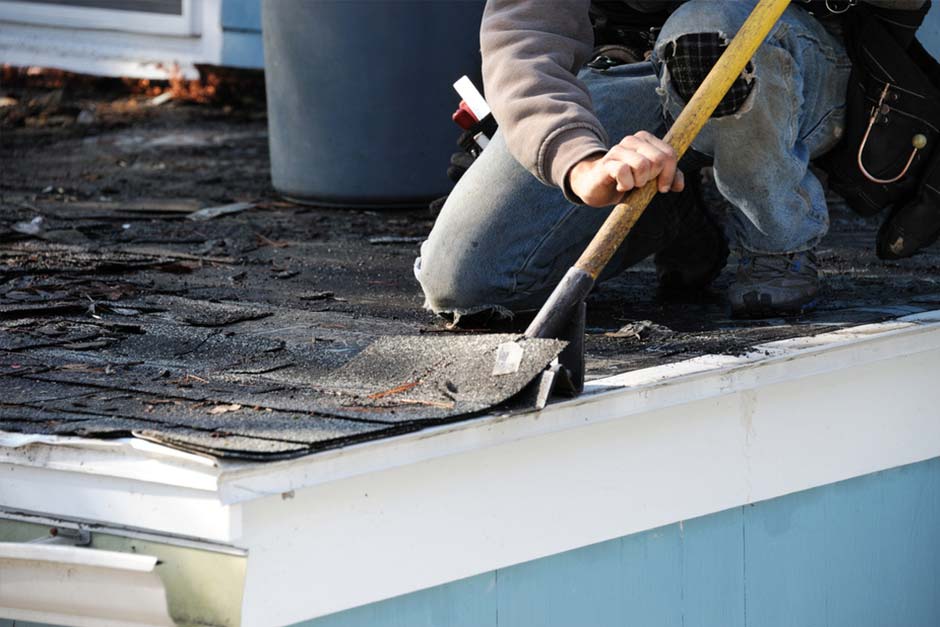Homeownership comes with its fair share of responsibilities, and one of them is maintaining your roof. When roof damage occurs, many homeowners rely on their insurance to cover the repair costs. However, there’s a crucial factor to consider in this process: the roof repair insurance deductible. In this article, we will delve into what a deductible is, how it affects your roof repair expenses, and what steps you can take to navigate this aspect of your insurance policy.

Understanding Roof Repair Insurance Deductibles
What Is a Deductible?
A deductible is the amount you are responsible for paying out of pocket before your insurance coverage kicks in. In the context of roof repairs, it’s the initial expense you must cover when you file a claim.
How Deductibles Work
Let’s say your roof sustains damage, and the repair costs are $5,000, while your insurance policy has a $1,000 deductible. In this case, you would be responsible for paying the first $1,000, and your insurance provider would cover the remaining $4,000.
The Impact of Your Deductible on Roof Repairs
1. Cost Considerations
The deductible amount significantly influences the overall cost of your roof repairs. Higher deductibles mean you’ll need to pay more out of pocket before your insurance starts covering expenses. Lower deductibles result in less upfront cost for you but can lead to higher insurance premiums.
2. Claim Frequency
Understanding your deductible can also impact your decision to file a claim. If the repair costs are close to or just slightly above your deductible, it may be more cost-effective to pay for the repairs yourself without involving your insurance company. Frequent claims can lead to increased premiums, so it’s essential to weigh your options carefully.
Navigating Your Roof Repair Insurance Deductible
1. Review Your Policy
The first step in navigating your roof repair insurance deductible is to review your insurance policy. Your deductible amount should be clearly stated in your policy documents. Take note of this figure and any specific guidelines regarding roof damage claims.
2. Assess the Damage
Before filing a claim, assess the extent of the damage to your roof. Consider obtaining estimates from reputable roofing contractors to determine the repair costs. This information will help you decide whether it’s worthwhile to involve your insurance.
3. Consult Your Insurance Provider
Reach out to your insurance provider to discuss the situation. They can provide guidance on the claims process and whether the damage exceeds your deductible. It’s crucial to have this conversation before making a claim to avoid potential premium increases.
4. Get Multiple Quotes
When seeking repair estimates, it’s advisable to obtain quotes from multiple roofing contractors. This allows you to compare costs and ensure you’re getting a fair assessment of the damage.
5. Keep an Emergency Fund
Maintaining an emergency fund can be a practical approach to managing deductibles. Having funds set aside for unexpected expenses, such as roof repairs, can help you cover your deductible without straining your budget.
6. Consider Your Premiums
Remember that frequent claims can lead to increased insurance premiums. While it’s essential to have insurance coverage for significant damage, consider the long-term impact on your premiums when deciding whether to involve your insurance provider.
Conclusion
Roof repair insurance deductibles are a crucial factor in managing the cost of maintaining your home. Understanding how deductibles work and considering their impact on your overall expenses and insurance premiums is essential. By navigating your roof repair insurance deductible wisely, you can make informed decisions that protect your home and your financial well-being.



Leave a Reply